Atiku Abubakar, presidential candidate of the Peoples Democratic Party (PDP) in the 2023 elections have disclosed what he would have done differently regarding the Nigerian economy if he had been elected Nigerian president.
He said his reforms would have “benefited from more adequate preparations” and “more sufficient diagnostic assessment of the country’s conditions”.
In a post on his X account on Sunday, Abubakar said his policy reforms would have “protected our fragile economy against a much deeper crisis by preventing business collapse”.
Some of the things he stated that he would have done differently include creating an Economic Stimulus Fund (ESF) “with an initial investment capacity of approximately US$10 billion to support Micro, Small and Medium Enterprises MSMEs across all economic sectors”.
The former vice-president said although he advocated for the removal of petrol subsidy, his administration would have adopted “a gradualist approach” to the implementation of the reforms.
He criticised President Bola Tinubu’s administration for removing the petrol subsidy, floating the exchange rate, and increasing the electricity tariff, describing it as “overkill”.
“Subsidies would not have been removed suddenly and completely. It is instructive that when I was Vice President, we adopted a gradualist approach and had completed phases 1 and 2 of the reform before our tenure ended,” he wrote.
Abubakar said his administration would have a “managed-floating system” of foreign exchange.
“A fixed exchange rate system was out of the question because it would not be in line with our philosophy of running an open, private sector-friendly economy,” he said.
“On the other hand, given Nigeria’s underlying economic conditions, adopting a floating exchange rate system would be an overkill.
“We would have encouraged our central bank to adopt a gradualist approach to FX management. A managed-floating system would have been a preferred option.”

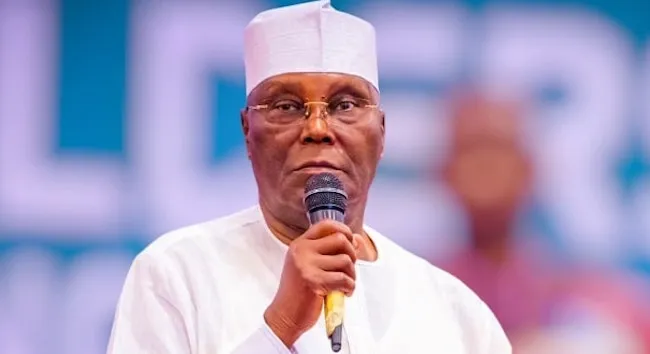

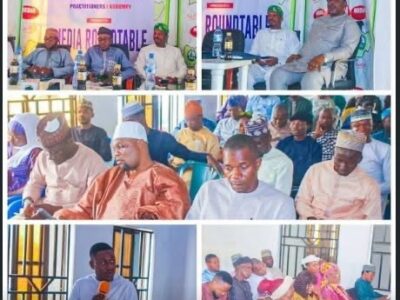


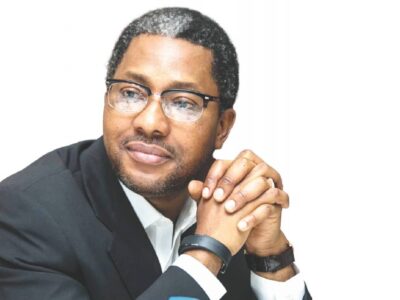
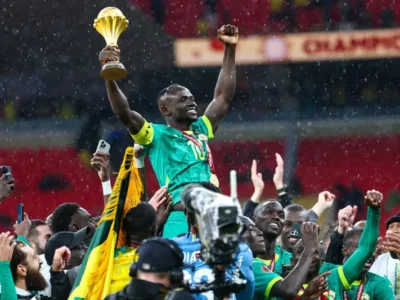
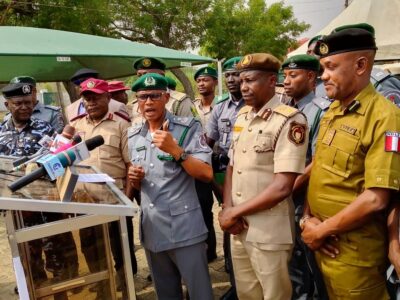

Comments